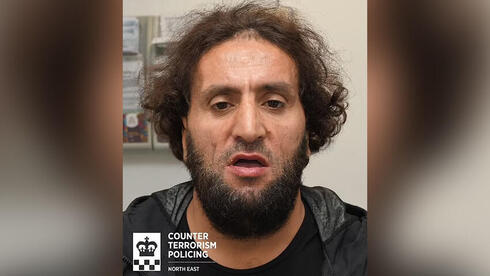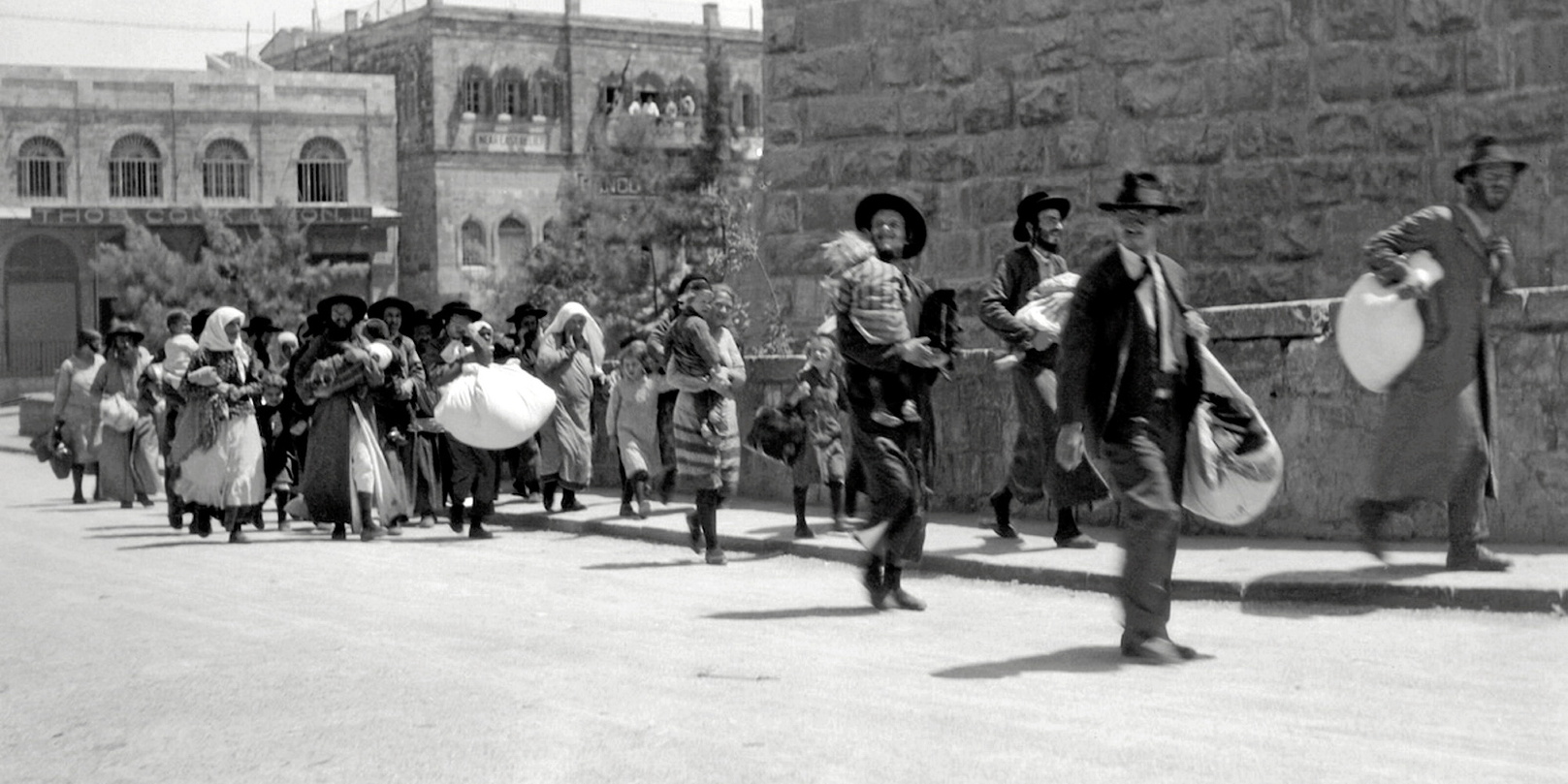FDR_Reagan
Platinum Member
- Nov 20, 2023
- 1,953
- 951
- 903
| News |
Follow along with the video below to see how to install our site as a web app on your home screen.

Note: This feature currently requires accessing the site using the built-in Safari browser.
| News |

On April 14, 2024, IRINN TV (Iran) aired footage of Iran’s Majles members celebrating the first reports of the missile and UAV attack against Israel. The Majles members chanted “Death to America!”, “Death to Israel!”, and “Congratulations to the warriors of Islam!”
|


